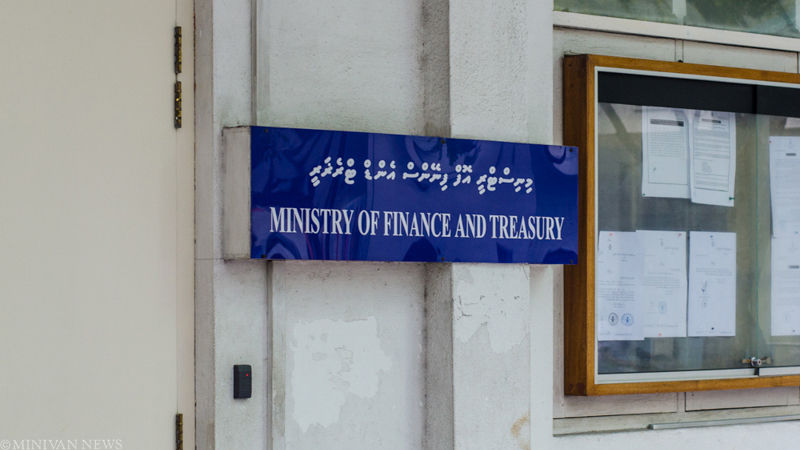Police officers await January’s wages amid dispute over hike in allowances
Police officers have yet to receive January’s wages after the finance ministry refused to pay higher allowances, prompting more than 200 officers to seek interest-free loans offered by the police welfare company.

02 Feb 2017, 09:00
Police officers have yet to receive January’s wages after the finance ministry refused to pay higher allowances, prompting more than 200 officers to seek interest-free loans offered by the police welfare company.
According to local media, the finance ministry rejected salary sheets prepared by the police in line with a new pay structure approved by the parliament last year, which hiked living allowances to MVR4,000 (US$260) a month.
The police have since submitted salary sheets without the pay increment as instructed by the ministry. However, wages have not been deposited as of Thursday afternoon.
Civil servants and staff at other state institutions were meanwhile paid on Wednesday, four days after their normal payday. The delay has fuelled speculation that the government is strapped for cash, but the finance ministry blamed it on the transition to a new payment system.
Become a member
Get full access to our archive and personalise your experience.
Already a member?
Discussion
No comments yet. Be the first to share your thoughts!
No comments yet. Be the first to join the conversation!
Join the Conversation
Sign in to share your thoughts under an alias and take part in the discussion. Independent journalism thrives on open, respectful debate — your voice matters.




